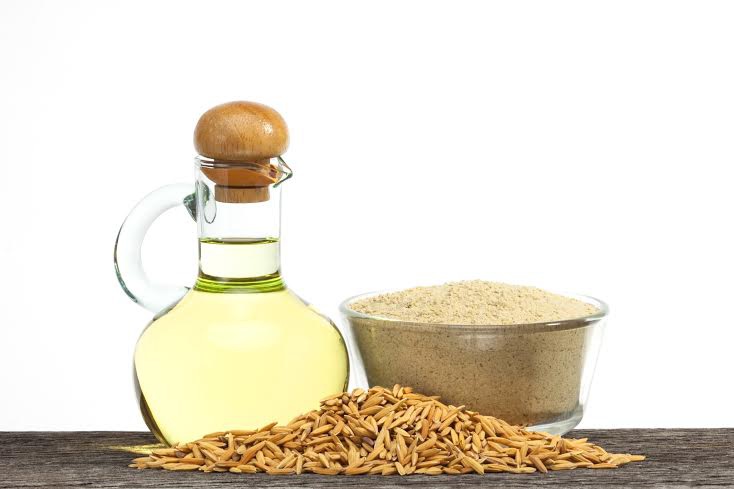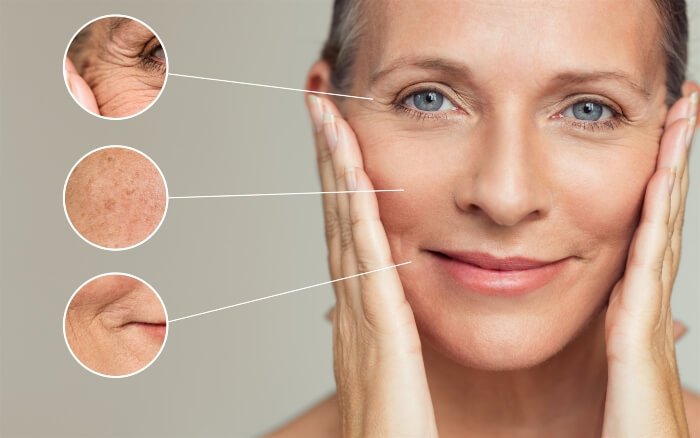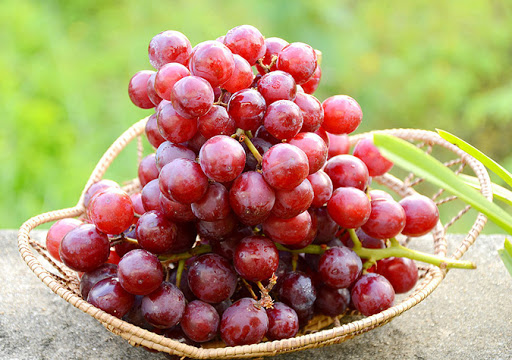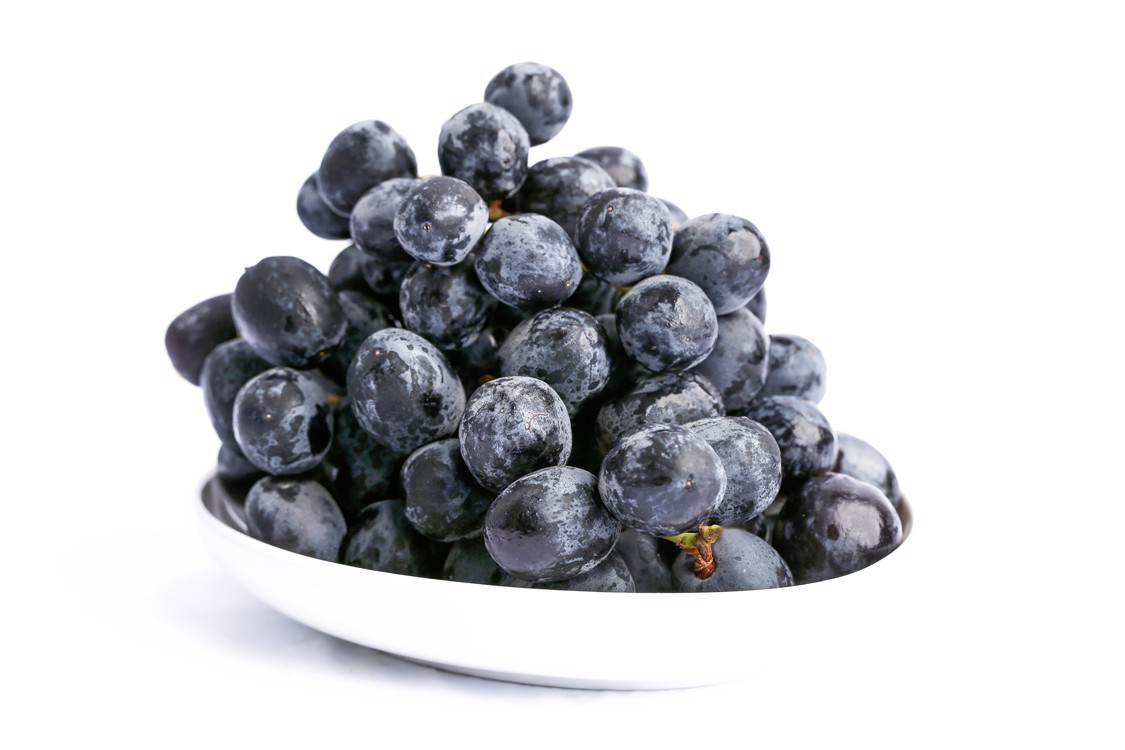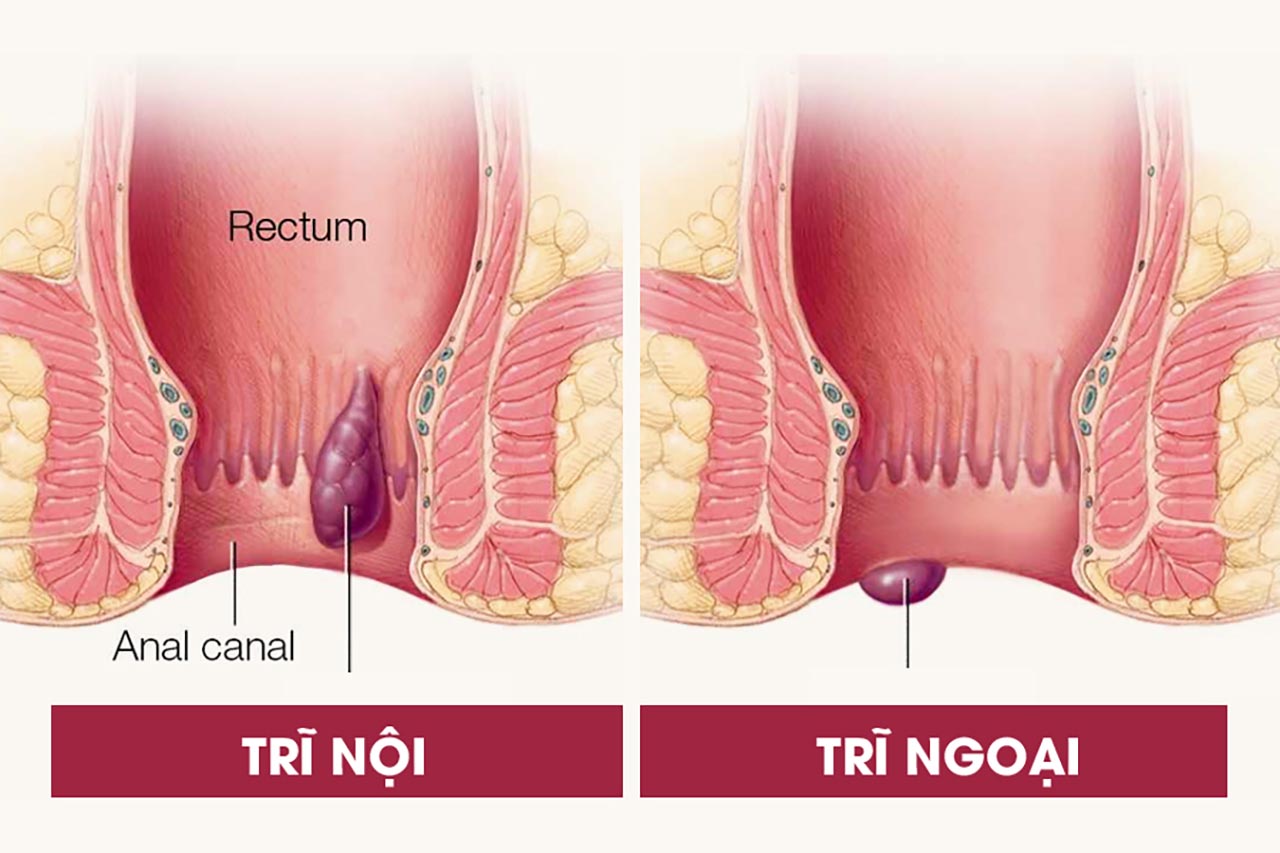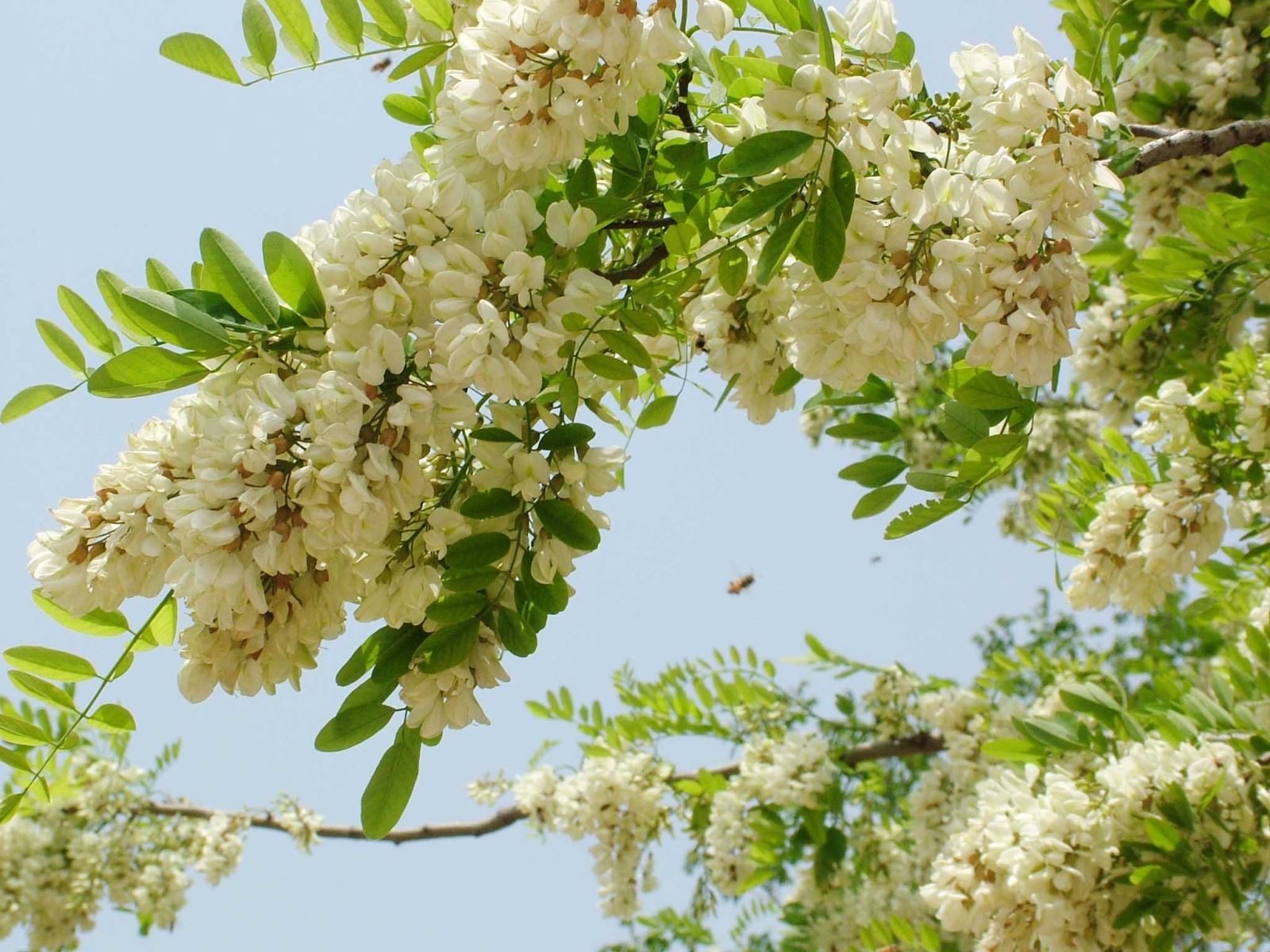Grapes also contain anthocyanins and other phenolic compounds. Anthocyanins, tend to be the main polyphenols of red grapes, while flavan-3-ols (such as catechins) are the more abundant polyphenol compounds in white grapes. Total phenol content, an indicator of food’s antioxidant strength, was higher in red grapes due to a higher proportion of anthocyanins in red grape skins than in white grapes. It was anthocyanins that led scientists to define properties in human health. The amount of phenol in grape skins varies with soil composition, climate, geographical origin, growing practices or exposure to diseases such as fungal infections.
Red wine offers more health benefits than white grapes because many beneficial compounds are present from the skins of grapes, and only red wine ferments with the skin of the grapes. The fermentation time of the wine in contact with the grape skin is a determining factor in the resveratrol content. Typically, non-Muscadin red wines contain about 0.2 to 5.8 mg of resveratrol per liter, depending on the grape variety, because fermentation with the grape skins allows the wine to absorb the resveratrol. In contrast, white wine contains lower levels of resveratrol because it is fermented only after the skins are removed. Wines produced from the Muscadin variety can contain more than 40 mg of resveratrol per liter. In Muscadin grape skins, ellagic acid, myricetin, quercetin, kaemferol and trans-resveratrol are the main polyphenol compounds. Contrary to previous results, ellagic acid, not resveratrol, is the main polyphenol component of Muscadin grapes.
In addition to grape skins, it is also found in large quantities in traditional Japanese and Chinese medicines such as Polygonum cuspidatum, and is present in Red Grapefruit, Peanuts, and some Wild Strawberries such as Mulberry, Blueberry and Bilberry. Mulberry… resveratrol is synthesized in plant cells when attacked by fungi or when nutrients are lacking. Trans-resveratrol is the active form.
In 1997 research reporting the anti-cancer potential of trans-resveratrol prompted many supplement companies to spring up to produce this substance. Additional studies, performed in cell cultures and fruit flies, protozoa, fish, and vertebrates, have shown anticancer activity, and suggest trans-resveratrol provides additional antiplatelet benefits. Anti-aging, anti-fat as well as immune system booster. In these studies, the administration of resveratrol reduced animal cartilage inflammation promoted bacterial cholesterol suppression, inhibited T-cell reproduction, promoted apoptosis of various tumor cells, and resulted in prolongation of age. The lifespan of fruit flies, worms, yeasts. These effects have led to people targeting the benefits of improving cardiovascular disease and diabetes outcomes, promoting chemopreventive chemotherapy, helping with weight loss and Alzheimer’s disease, and extending human life through resveratrol. .
A topical formulation of resveratrol with anti-aging potential has recently been reported, and an increasing number of resveratrol application reports are appearing. However, human clinical evidence for the efficacy of resveratrol is lacking.
Potential and mechanism of action.
A growing body of evidence from molecular, cellular and animal studies suggests multiple mechanisms of action that support the health-promoting properties of resveratrol. However, some data are contradictory. For example, in vitro studies have found that resveratrol both increases and decreases immune function in human cells. Although resveratrol may slow blood vessel growth, it has also been shown to slow wound healing.
Cardioprotective properties.
The cardioprotective potential of resveratrol involves multiple mechanisms. In ischemia-reperfusion animal models, resveratrol reduced lipid peroxidation, reduced organ damage, and improved myocardial ischemia. In vitro, resveratrol showed stronger anti-inflammatory activity than aspirin and ibuprofen, inhibited nitric oxide in activated macrophages, improved mitochondrial function, and decreased interleukin 1 (IL-1), IL-8 and weakness granulocyte macrophage colony-stimulating factor.
Immunological, anti-platelet, anti-inflammatory and anti-cancer effects.
Resveratrol can suppress reproductive T cells, which cause immune responses. Resveratrol inhibits the growth of ovarian, colon and breast tumors; acute growth of white blood cells; preventing liver cancer cells from invading local tissues – all potential mechanisms for reducing cancer risk. The antiplatelet properties appear to be the result of resveratrol reducing platelet adhesion and causing blood vessels to dilate. In animal models, resveratrol was found to prevent reduction of amyloid peptide-related glutathione, protect against oxidative damage caused by peptides, and reduce plaque formation in the brain – all contributing to a protective mechanism against Alzheimer’s disease.
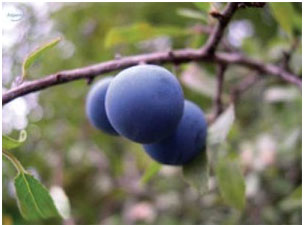
Anti-aging effect.
A lot of attention has been paid to resveratrol’s potential to improve brain performance and heart health – hence the rush to claim the substance as anti-aging Ginseng without proof. Several observations of protective brain health due to the association between red wine consumption and low incidence of dementia and Alzheimer’s disease suggest that resveratrol is beneficial against neurodegeneration. In many studies, resveratrol has been shown to mimic energy-limiting effects through sirtuin activation, increasing lifespan in mice and invertebrates by improving mitochondrial function and insulin sensitivity. , and control the activity of transcription factors. Sirtuin activation, a mammalian ability, may contribute to the anti-amyloid properties of resveratrol as a potential mechanism for improving human lifespan. Resveratrol in vitro clearance of amyloid brain peptide is implicated as a mechanism for improving cognitive function in humans. Similar mechanisms provide a fundamental role in the prevention of age-related disease.
Resveratrol reduces oxidative damage to frozen human semen.
Resveratrol, an important polyphenol in red wine, reduces damage to frozen human semen, according to a Brazilian study. Resveratrol has been known to reduce neurodegeneration, tumorigenesis and atherosclerosis, as reported in the February 3, 2010 issue of Fertility and Sterility.
In this study, Dr. Fabio F. Pasqualotto of the University of Caxia do Sul et al., incubated sperm samples with or without resveratrol, before freezing. Sperm from 10 healthy men who were able to bear children and 20 who were unable to bear children.
At baseline, men who were unable to conceive had low sperm concentration and low motility, and met the Kruger criterion for shape, compared with fertile men. Childless male sperm samples also had lower levels of superoxid dismutase (SOD) and catalase activity and higher lipid damage.
But after incubation with resveratrol, SOD activity increased in sperm samples from infertile men (no change in sperm samples from fertile men). Furthermore, resveratrol prevented storage-induced lipid damage, a dose-independent effect.
Resveratrol did not improve sperm motility induced by preservation, nor did it affect sperm concentration and shape.
There are several antioxidants that can help patients with infertility, including resveratrol. Using antioxidants can help patients improve semen quality even when the semen is frozen, says Dr. Pasqualotto.
The two problems posed for resveratrol are:
– What form and concentration to use for best absorption and best results?
–Which source of resveratrol should be used in accordance with the needs of industry in Vietnam while still ensuring effectiveness and safety for patients?
Concentration, formulation, dosage and toxicity
Concentrations vary in products: resveratrol concentrations in food and drink vary from product to product. By weight comparison, peanuts have only half as much resveratrol as red wine. Concentrations of resveratrol in Cranberry and Grapefruit juice were similar. Blueberry is twice as tall as Bilberry, but different soil conditions cause different concentrations. The concentration of resveratrol in these fruits is much lower than in Red Grapefruit, and cooking further reduces the concentration by up to 50%.
The content of trans-resveratrol in wine depends on grape variety, climate and processing method. Red wines, especially made from black pinot grapes (5.13 mg/dL), contain the highest concentrations of resveratrol and the lowest concentrations of white wines (1-5% of red wines). In addition, grapes grown in humid and cold climates have higher concentrations of resveratrol than grapes grown in hot and dry climates. In general, a 120 ml serving of red wine provides about 320 mcg of resveratrol (0.2 – 5.8 mg/litre).
Production formula and dosage.
Resveratrol is now synthetically formulated and sold as nutritional support in capsules or tablets. The main resveratrol product is made from Japanese knotweed, in the form of dried roots, containing up to 187 mg of resveratrol/kg. Supplements are available in pharmacies and nutritional supplement stores in doses ranging from 15 to 600 mg per capsule, and the manufacturer recommends high doses as potent, but no evidence supporting the recommended dose for resveratrol. In humans, the oral bioavailability of resveratrol tablets is questionable, as less than 5% of the product is present in plasma following oral administration and is rapidly metabolized in the liver and intestines. Even after drinking red wine, serum resveratrol levels have not been shown to be sufficient to produce the physiological effects seen in animals and cell samples. These results raise the question, is resveratrol, red wine or the combination of active ingredients (including procyanidins) in red wine really beneficial for health?
In summary, the clinical efficacy and potential toxicities of resveratrol are not known sufficiently as a nutritional aid.
Toxicity and contraindications.
Neither the US nor the European Food and Drug Administration recommends maximum consumption to avoid resveratrol toxicity. However, high intake of resveratrol in red wine is limited because of the toxic effects of alcohol. The toxicity of wine seems to be low when used in moderation, about 2 120 ml glasses for men and 1 120 ml glass for women.
Because of resveratrol’s antiplatelet properties, patients who are taking anticoagulants or antiplatelet drugs or are taking herbs with a potential increased risk of bleeding such as garlic, feverfew, ginger, ginkgo biloba, ginseng, turmeric Care must be taken when taking resveratrol. In addition, resveratrol has been reported to increase insulin sensitivity, and should be used with caution in patients taking antidiabetic medications. Although resveratrol is a weak phytoestrogen, it is a mixed agonist and antagonist of estrogenic activity, and resveratrol should not be used in women with estrogen-dependent cancer.
Which source of resveratrol should I use?
From the above information, we see that the climate in Vietnam is not ideal for growing grapes to produce resveratrol. France is the first country to introduce the process of producing resveratrol from grapes, but the cost is not known which is the cheapest and still ensures quality, because it can be polluted by ecology.
Root gas tubers have high resveratrol content, can be grown in the North and highlands of Vietnam, resveratrol can be exploited.
SOURCE: DS. LÊ VĂN NHÂN – DS. DIỆU PHƯƠNG








